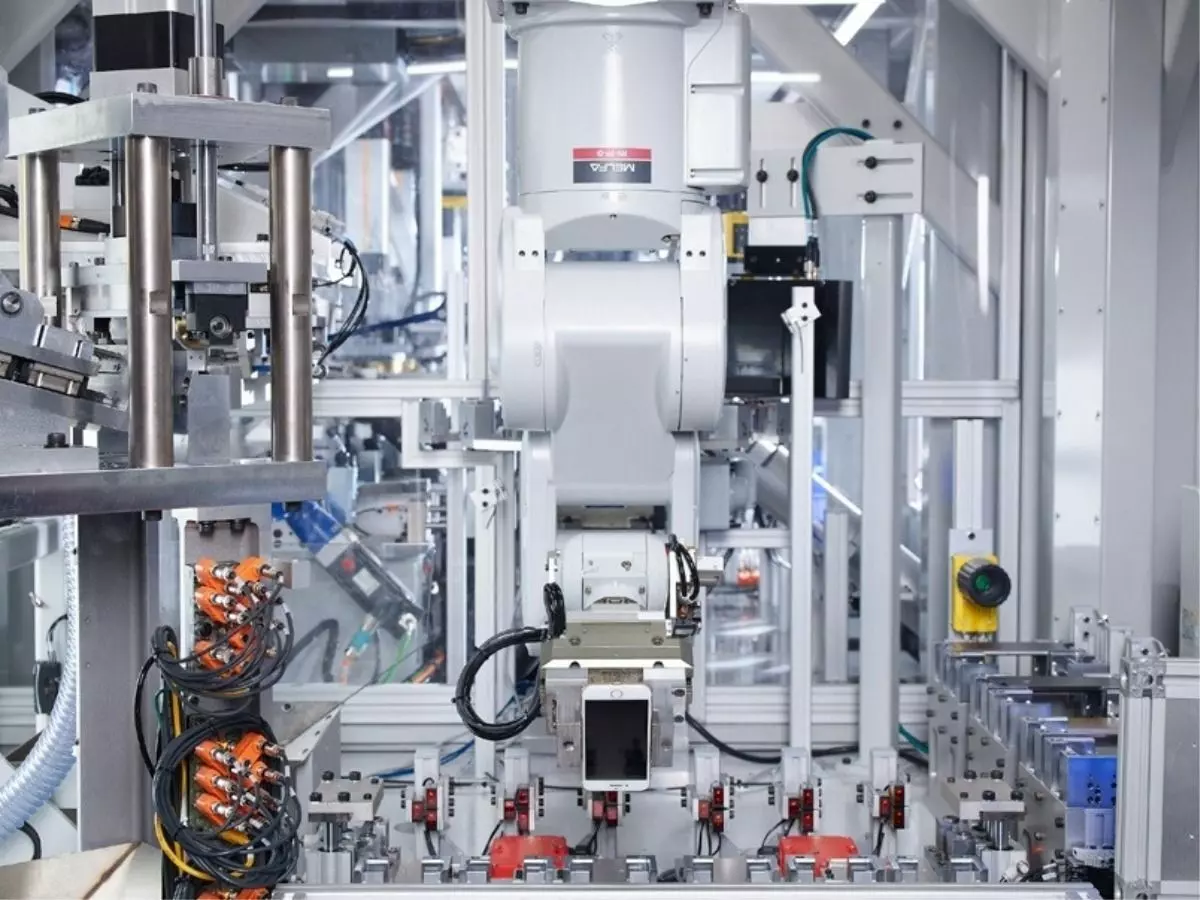Going Forward, Apple Says It Will Use Recycled Rare Earth Metals For Its iPhone Taptic Engine
In the recent past, Apple has been attempting to live up to its social obligations. Ití»s switched to 100 percent green energy and the iPhone 11 standard models have chassis of 100 percent recycled aluminium. Now they're turning to other parts as well

In the recent past, Apple has been attempting to live up to its social obligations. It's switched to 100 percent green energy and the iPhone 11 standard models have chassis of 100 percent recycled aluminium. Now, the company is turning to other parts as well.

Images courtesy: Apple
The tech giant has just announced that moving forward it's going to be recycling rare earth metals from older devices to use in the iPhone's Taptic Engine. This is a small actuator in the iPhone that gives it the signature haptic feedback you might recognize when you tap it.
Apple first introduced this component with the first iteration of the Apple Watch, before later bringing it to the iPhone 7. By itself, the Taptic engine accounts for a quarter of all the rare earth metals used in the manufacture of the iPhone, according to Reuters.
At the moment, Apple says it will be sourcing the rare Earth metals from a third party supplier. However, it's working on building robots to recover these rare earth metals in their own recycling plants, similar to the other bots it has to recover larger components.

The hardest part of this of course is that components that use rare earth metals are typically small and delicate, making recovering and recycling them somewhat challenging. It's well worth the effort however. These metals are used in all manner of consumer electronics, electric cars, solar panels, and more.
More importantly though, there's a critical shortage of them on Earth. So much so that studies indicate their shortfall will result in the world failing to meet environmental protection targets set out in the Paris Climate Agreement. Reducing its reliance on rare earth metal mining is something Apple has talked about for a couple of years, but this is their first real push in that direction.

It also helps that this move removes Apples dependence on China for rare earth metals, which currently mines 80 percent of the world's supply. This is especially important in the current climate of US-China trade tension
As Lisa Jackson, Apple's VP of environment, policy and social initiatives told Reuters "This is one of those happy coincidences where what is good for the planet is really good for business at the same time."
